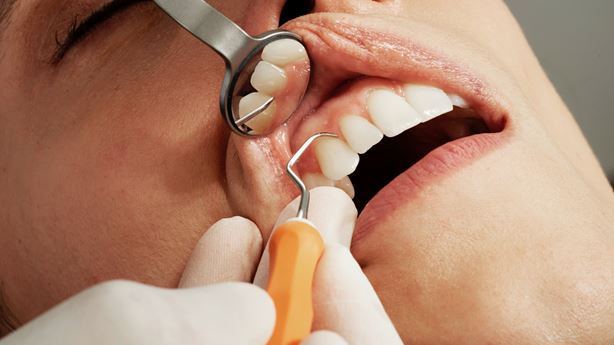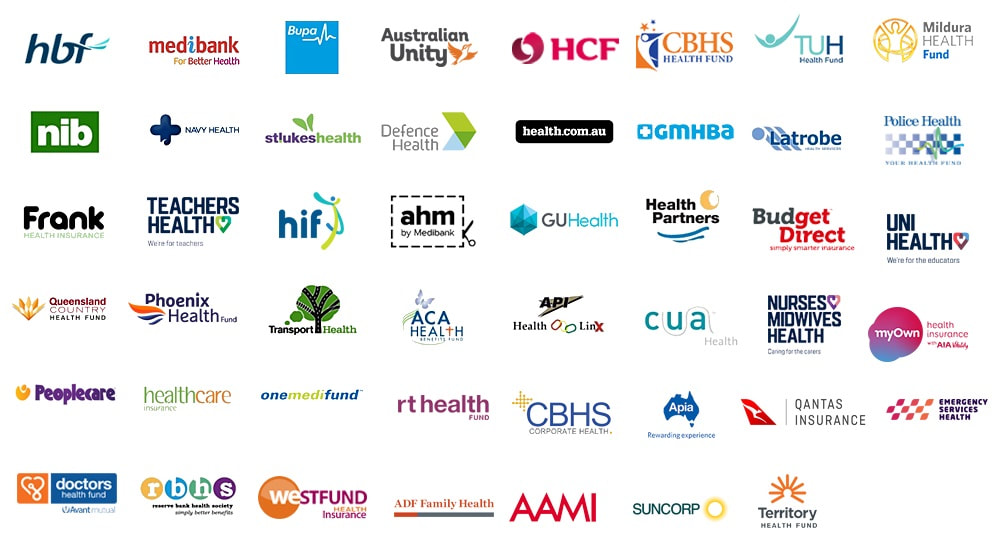When Is It a Dental Emergency? When You Should Book an Appointment With Your Dentist.
An emergency can be defined as ‘a serious, unexpected, and often dangerous situation requiring immediate action’. Needless to say, when people hear the word ‘emergency’ they often panic, and for good reason.
We can experience emergencies in all walks of life, yet medical emergencies are particularly serious and almost certainly require immediate action. Dental emergencies are no different.
If you’ve ever experienced a dental emergency first hand, you will know how incredibly painful it can be, you’ll know how worrying it can be, and you’ll know just how important immediate dental treatment can be.
Everybody experiences issues with their teeth and gums at some point in their lives, regardless of how healthy their oral hygiene habits may be, but when is it a dental emergency? As we mentioned, everybody experiences issues with their teeth and/or gums, yet not every issue can be considered a dental emergency.
To help you know when to seek immediate dental assistance, here’s a look at some of the basic fundamentals behind dental emergencies.
When is it a dental emergency?
First off, we’ll begin by looking at a few scenarios which could be classified as a dental emergency.
Tooth knocked loose or out
If you have a tooth knocked loose, or even knocked out entirely, this is most definitely classed as a dental emergency and you should therefore seek immediate dental treatment.
A tooth knocked loose will need extracting, and a tooth knocked out will need examining to ensure there is no sign of infection, and to arrange for an alternative such as a dental implant.
Chipped or broken tooth
We can chip and break our teeth in a whole variety of different ways. One thing that is for sure however, is the fact that a chipped or broken tooth will need treating.
Chipped/broken teeth can leave you vulnerable to infection, plus they can be unsightly and can leave you feeling self-conscious. More often than not, your dentist will be able to fit a crown, or something similar.
Uncontrollable bleeding
A small amount of blood when brushing the teeth is nothing to worry too much about due to how sensitive the gums are. If, however, you experience severe and uncontrollable bleeding in the mouth and gums, this is a dental emergency and will require immediate treatment.
Other examples of dental emergencies
While the above are the most common examples of dental emergencies, it turns out that there are also other, lesser-known dental emergencies which will also need addressing.
These include the following:
Toothaches
If you experience toothache or severe toothache, this is actually considered a dental emergency and would therefore warrant an emergency dental appointment.
Toothaches can be extremely painful, and may be caused by something serious which could lead to further dental complications.
Your teeth should never hurt, so if you do experience toothache this is a sign that something is wrong, and it will therefore need looking into as quickly as possible.
Signs of infection
If you’re experiencing any signs of infection such as a throbbing tooth, pain, abscess, pus, etc, you need to visit your dentist immediately.
A tooth or gum infection can spread and can be very serious, which is why the issue will need to be treated as quickly as possible.
Abscessed tooth
If you’re suffering from an abscessed tooth, or an abscess in the mouth or gums, again, you can consider this a dental emergency and book in for an emergency dental visit.
When should you visit the E.R for dental emergencies?
As you can tell by the name, dental emergencies are considered very serious, and they require rapid treatment as soon as possible. In some instances, a trip to your dentist may not be enough and you may instead be required to visit the Emergency Room instead.
If you have swelling from a toothache or dental issue which has spread to other parts of your face, you’ll need to book an emergency medical appointment and visit the E.R as this could be a serious infection and could even lead to sepsis.
On top of that, if you have a high temperature or a fever caused by a dental issue, again, visit the E.R as soon as you can.
What is the most common dental emergency?
Though serious, dental emergencies are also fairy common. Here’s a look at some of the most common dental emergencies:
- Severe bleeding of the teeth and/or gums
- Tooth abscesses
- Broken teeth
- Loose/knocked out teeth
- Chipped/broken teeth
Book an emergency dental appointment now!
So, when is it a dental emergency? Well, if you experience any of the scenarios/symptoms that we’ve just covered, you could very well be experiencing a dental emergency and will require emergency dental treatment.
We offer a wide range of emergency dental treatments with payment plans to suit all budgets, so don’t put it off any longer, get in touch now!



